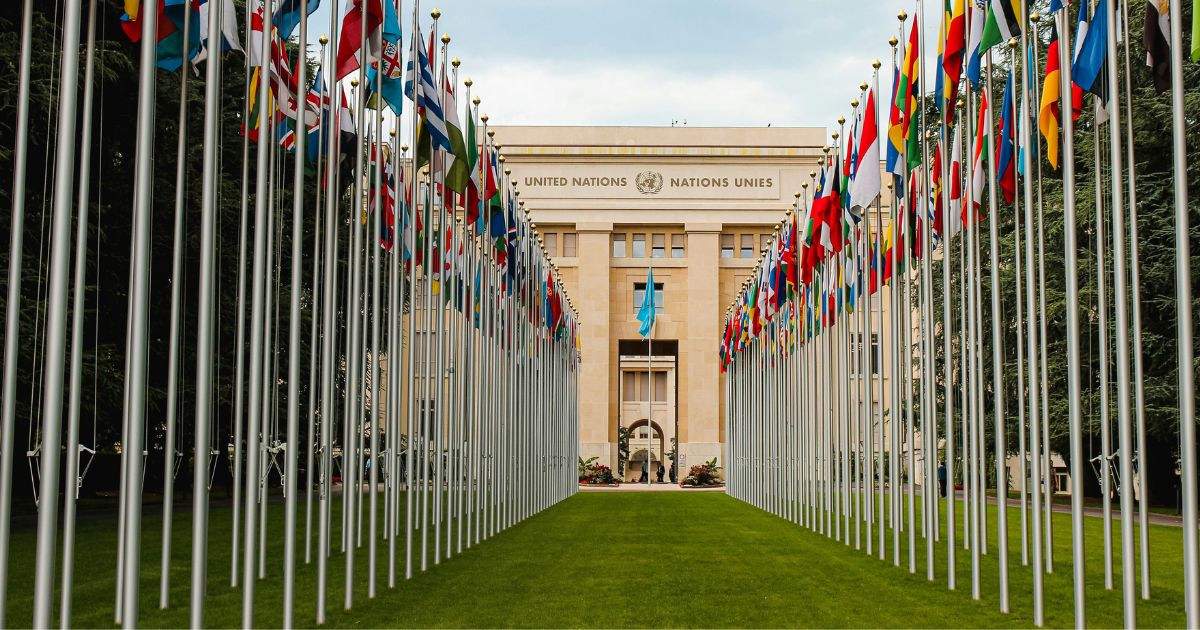The UN Security Council voted against a Moscow and Beijing-backed resolution calling for the six-month extension of sanctions relief for Iran, leaving the door open for the reimposition of sanctions on its nuclear program.
Four voted for the draft during Friday’s vote: China, Russia, Pakistan, and Algeria. Nine voted against, and two abstained. Sanctions against Iran, which were suspended under the Joint Comprehensive Plan of Action (JCPOA) it signed with key world powers in 2015, will then resume from midnight GMT on 27th Sept.
The move comes after the JCPOA members – France, Germany, and the UK – announced a month ago that they had activated the so-called “snapback mechanism,” accusing Tehran of “significant non-performance” and breaches of the agreement.
Russian deputy ambassador to the UN Dmitry Polyansky informed the UNSC gathering that Moscow “categorically rejects” the claims by Paris, Berlin, and London that they had the right to invoke the snapback mechanism.
In voicing opposition to extending sanctions relief, the Western nations “firmly showed that all of their promises on their commitment to achieving a diplomatic solution to the Iranian nuclear program question for all these years, were just empty words,” he emphasized.
US Deputy Representative Dorothy Shea endorsed the result of the vote, describing the draft resolution as “a hollow effort to relieve Iran of any accountability for its continued significant non-performance of its nuclear commitments.”
In June, the Americans and Israelis launched aerial attacks on Iranian nuclear sites, saying they did so to deny Tehran an atomic bomb. Iran insists its nuclear program is purely peaceful.
Iran’s Foreign Minister Abbas Araghchi cautioned on Friday that the reimposition of sanctions against his nation would create a “dangerous precedent,” which would make the UNSC lose its credibility.
He referred to the Western nations’ actions as “legally void, reckless and null and void,” while insisting that Tehran would “never respond to threats or pressure.




